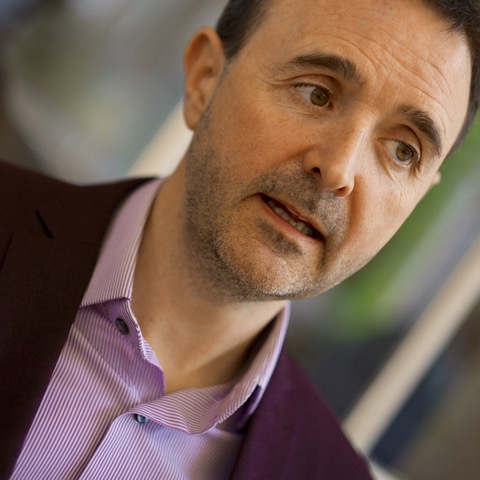Without communications, the NHS would lose its voice
About the author
Our guest authors are what make PR Place such a vibrant hub of information, exploration and learning.

Guest author Jonathan Cross runs his own PR consultancy. He is an assessor for the CIPR chartered practitioner programme and an assignment marker with the PR Academy.

Hypothetically, let us remove a job role from the National Health Service for a moment. In the scenario I have in mind, let us imagine that one of the ‘back office’ functions no longer takes place.
It is a role that is sometimes maligned in ‘tabloidland’ through ignorance and misunderstanding but without it there would be fewer people getting their flu jabs this winter, with a consequent increase in health complications and, linked to this, a likely higher death rate; there might be major changes proposed to services and no way in which the public could formally have their say, barring pavement protests and placards; there might be major incidents and staff and the public having no idea what to do or where to go; there would be the ill and injured going online to check out how to obtain care or treatment, but no clear guidance on locally what best to do; there would be unsung heroes in our hospitals and health centres who would remain forever unsung; there would be legitimate interest in the running of public services from the media and others, but no-one able to provide an explanation.
Without the healthcare communications professional, the NHS would lose its voice.
As a valuable profession, health service communicators might wish to spend a little more time explaining the purpose of their role.
Those who understand the reasons why and the many significant benefits for society obtained, appreciate the value of this activity, but through a media lens it is generally offset against the opportunity cost of investment elsewhere (doctors and nurses) with little recognition that resourcing does not have to be exclusive – we can invest in clinical staff and enhance their work through excellent communications.
In a service of 1.4 million members of staff, clinical and non-clinical, and with a £125 billion budget, there is room and indeed necessity for an appropriately staffed communications function.
Such a hugely important part of the fabric of our society, now seven decades old, needs to be discussed, debated and explained, based on fact not fiction.
Health service communicators are essential for providing clear and helpful information, guidance and advice to the public; they can play a vital role in encouraging and supporting behaviour change, helping nudge the population to more healthier (and less costly to the NHS) ways of living, promoting prevention and self-care; and they are at the heart of promoting a more transparent and open NHS, answerable for the difficult decisions taken every day on the ward and at the board.
If there is, as some would argue, a ‘democratic deficit’ in the NHS (in that local government has the challenge of local politicians), it is the role of health service communicators to increase democracy and engagement, to ensure the dialogue is audible, reasoned, inclusive and enlightening.
Every day communications professionals take a stethoscope to the NHS and interpret the findings for the public, they are the conduit for public concerns, they are the explainers and translators. Let’s seek to ensure their value is indeed valued by all.